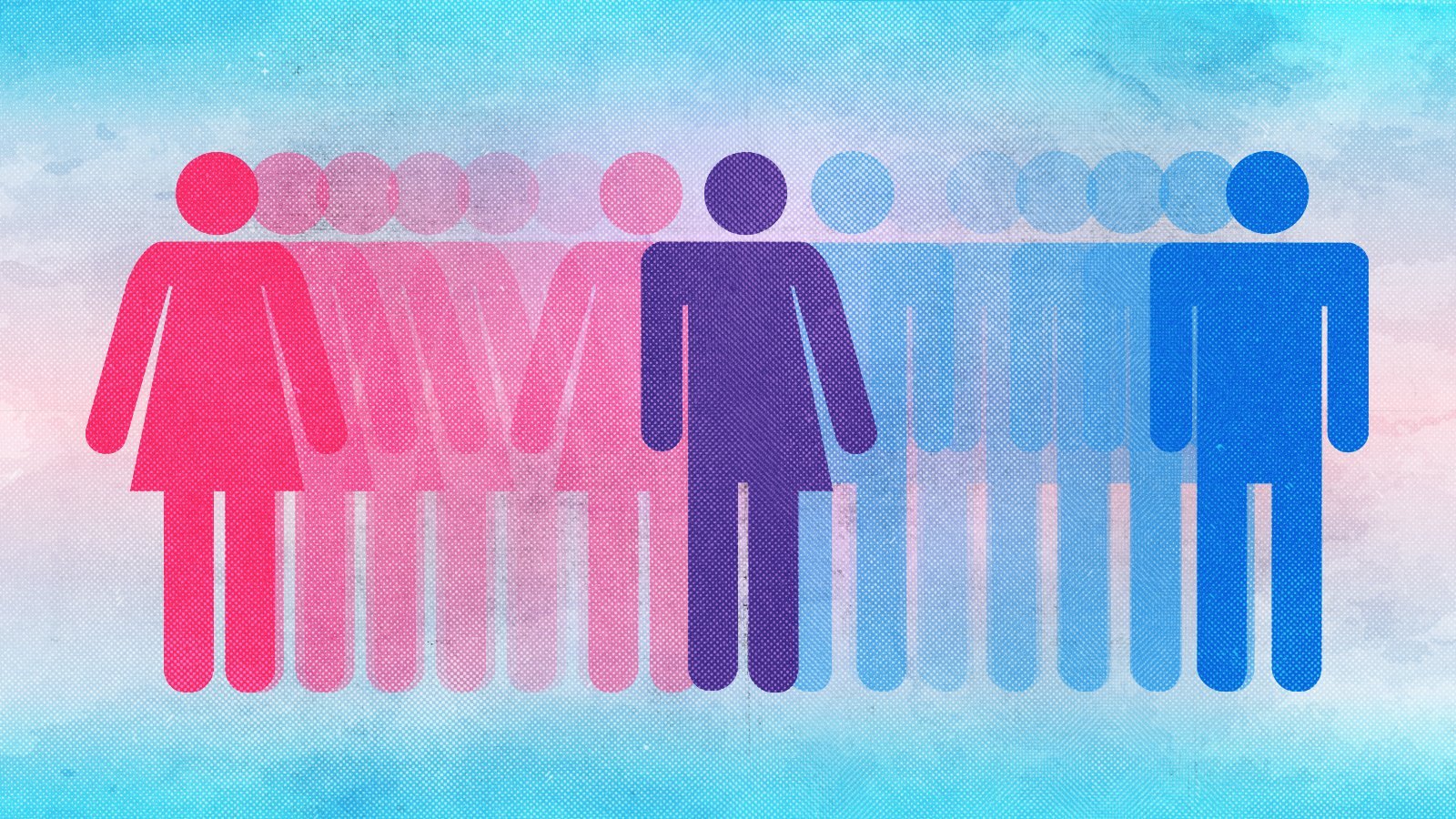
By John Wright
Houston’s pro-LGBT state lawmakers are confident they can defeat anti-transgender bathroom legislation in 2017, but they say they’ll need all the help they can get from the LGBT community.
At a forum hosted by the Houston GLBT Political Caucus in December, representative Senfronia Thompson (D-Houston) noted that the business lobby is “up in arms” about the fact that Lieutenant Governor Dan Patrick has made an anti-trans bathroom bill one of his top priorities for the 85th Legislature, which convenes January 10.
Last month, the Texas Association of Business (TAB), which is the state’s chamber of commerce, released a study showing that if anti-LGBT legislation passes next year, the state’s economy could lose up to $8.5 billion and 185,000 jobs.
Thompson predicted that even if Patrick’s bathroom bill clears the Senate, the House will kill it because members are “more rational and recognize the games that are being played.
“I don’t think it’s going anywhere,” Thompson said. “I think we’re going to be victorious.”
But Thompson also warned that Patrick may try to use the bathroom bill “to manipulate people” and “hold them hostage” in support of his other initiatives, such as school vouchers. Patrick declared in May that the Fort Worth school district’s decision to allow trans students to use restrooms based on their gender identity was “the biggest promotion for something I feel strongly about, and that’s school choice.”
“We just can’t let them use that to get other things that would be equally detrimental,” Thompson said. “That is the key.”
Another member of the panel, Senator Sylvia Garcia (D-Houston), called it “tragic” that Patrick is “focused on bathrooms instead of classrooms.” Garcia suggested that lawmakers should concentrate on issues like education funding and the state’s ongoing child-welfare crisis during the 140-day biennial session.
“I stretch my mind to even intellectually understand why he’s decided this is such a big issue, but I can’t find it,” Garcia said. “It’s a huge distraction, but it is nothing but a good political hot-button issue for the Republican Party’s primary base. All I can say is we’re going to fight like hell.”
A third legislator on the panel, Representative Sarah Davis (R-Houston), encouraged people to contact their lawmakers about Patrick’s proposal and said it shouldn’t be viewed as a partisan issue.
Davis, the first Republican in the Legislature to back same-sex marriage, noted that a bathroom bill isn’t among the priorities of GOP House Speaker Joe Straus. She also pointed to recent statements by Republican Governor Greg Abbott, in which he indicated he needs more information before deciding whether to support Patrick’s bill.
“I want to caution you to not have this knee-jerk, ‘Every Republican is a bigot and is going to support this type of legislation,’ because that’s just not true,” Davis said. “I’m constantly reminding people that the [Houston Equal Rights Ordinance] failed not just because Republicans campaigned against it. The City of Houston is a blue city, so it wasn’t just Rs that defeated that ordinance. So before you start wanting to pass judgment on Republicans, remember that was a group effort.”
Despite strong opposition from the business community, Patrick was doubling down on the need for anti-trans bathroom legislation, which he’s assigned the sixth-highest bill number in the Senate.
“This report by the Texas Association of Business is misinformation and fear-mongering regarding a bill they haven’t even seen,” Patrick said in a statement responding to TAB’s study. “In fact, the Women’s Privacy and Business Protection Act that the lieutenant governor intends to support will ensure that sexual predators, like those who exploit the Internet, will not be able to freely enter women’s restrooms, locker rooms, or showers, and that businesses are not forced by local ordinances to allow men in women’s restrooms and locker rooms.”
Senator Paul Bettencourt (R-Houston) also called the TAB study into question.
“No matter which side you may or may not be on in this public-policy debate on SB 6, women’s privacy, and religious freedom, this study’s amazing claims of $8.5 billion in economic losses and 185,000 job losses in Texas attributed to legislation that hasn’t even been filed is just flat wrong,” Bettencourt said in a statement, adding that the study used “misleading data” and amounted to “fake news.”
Although SB 6 hadn’t been filed as of press time, the bill is expected to closely mirror North Carolina’s House Bill 2, which requires trans people to use restrooms in government buildings according to the sex listed on their birth certificates. HB 2 also prohibits cities from enacting or enforcing LGBT-inclusive nondiscrimination ordinances.
After an unsuccessful effort in the North Carolina General Assembly to repeal HB2 in December, Patrick applauded that outcome.
“I congratulate the conservative legislators in North Carolina and the leadership of my good friend, Lieutenant Governor Dan Forest, for standing firm on principle and public safety,” he said in a statement. “Legislation like this is essential to protect the safety and privacy of women and girls, and is simple common sense and common decency.”










